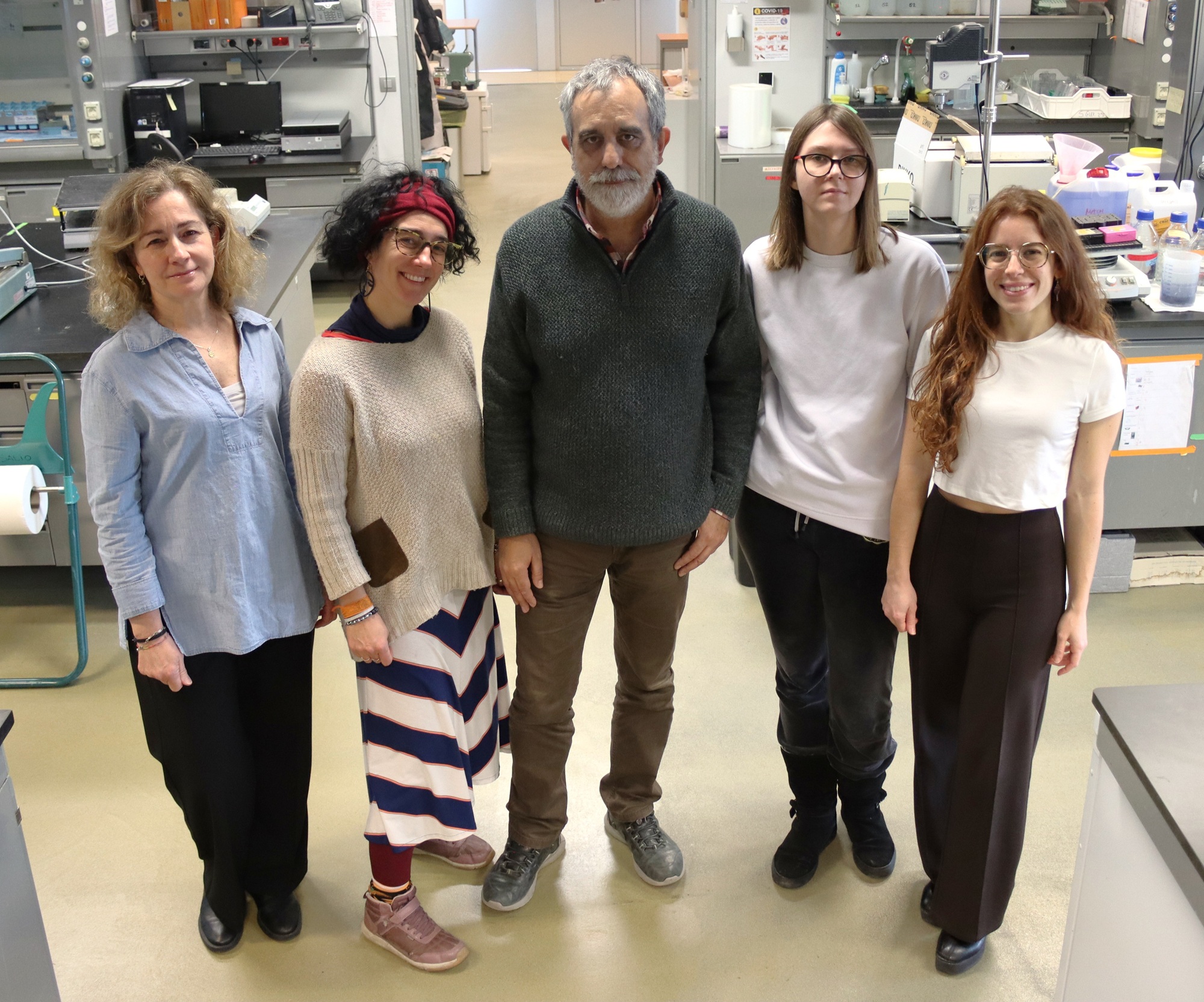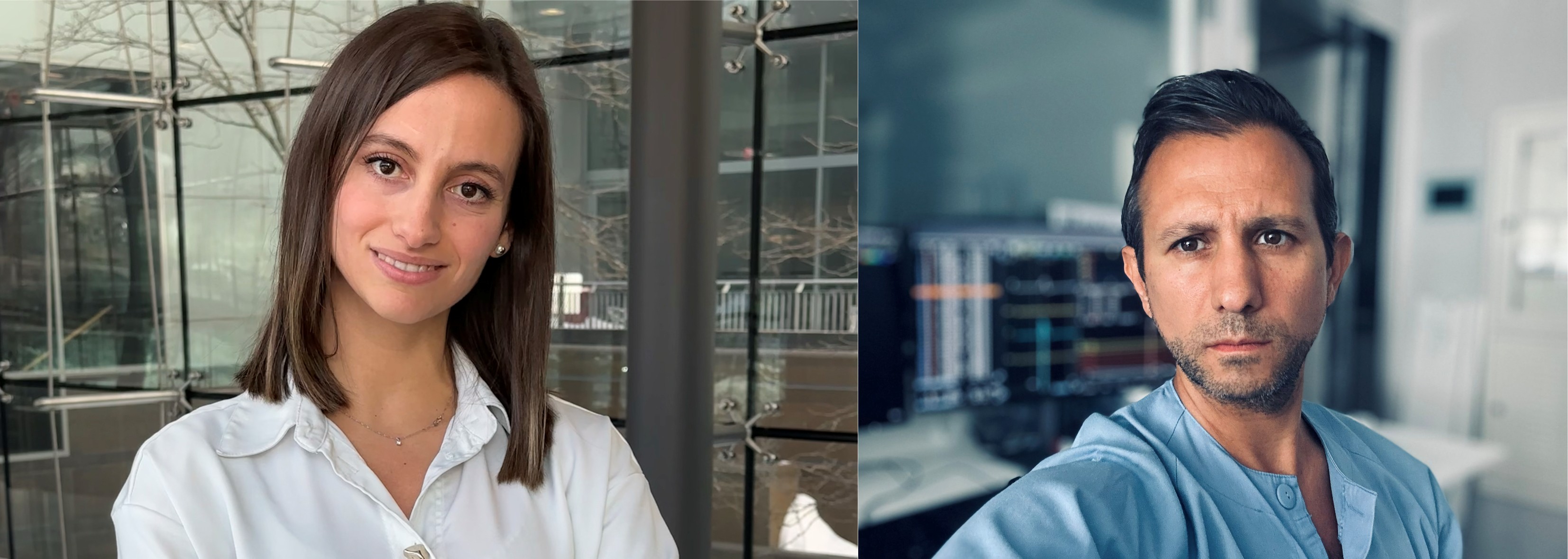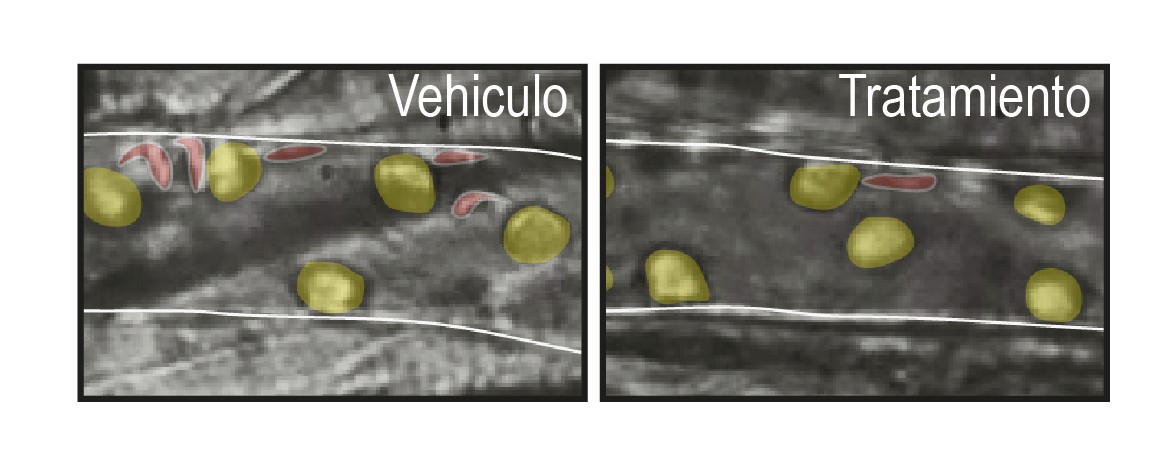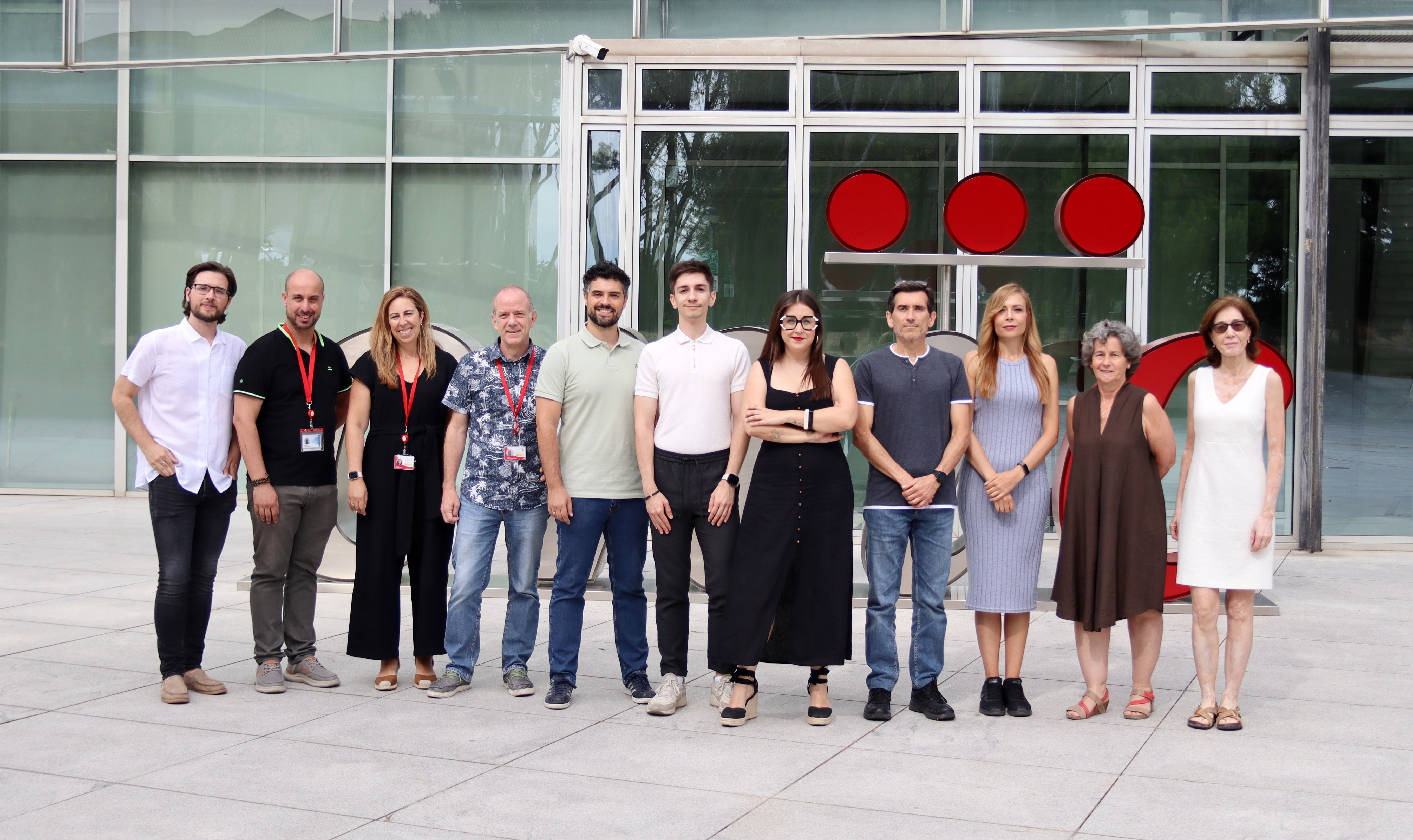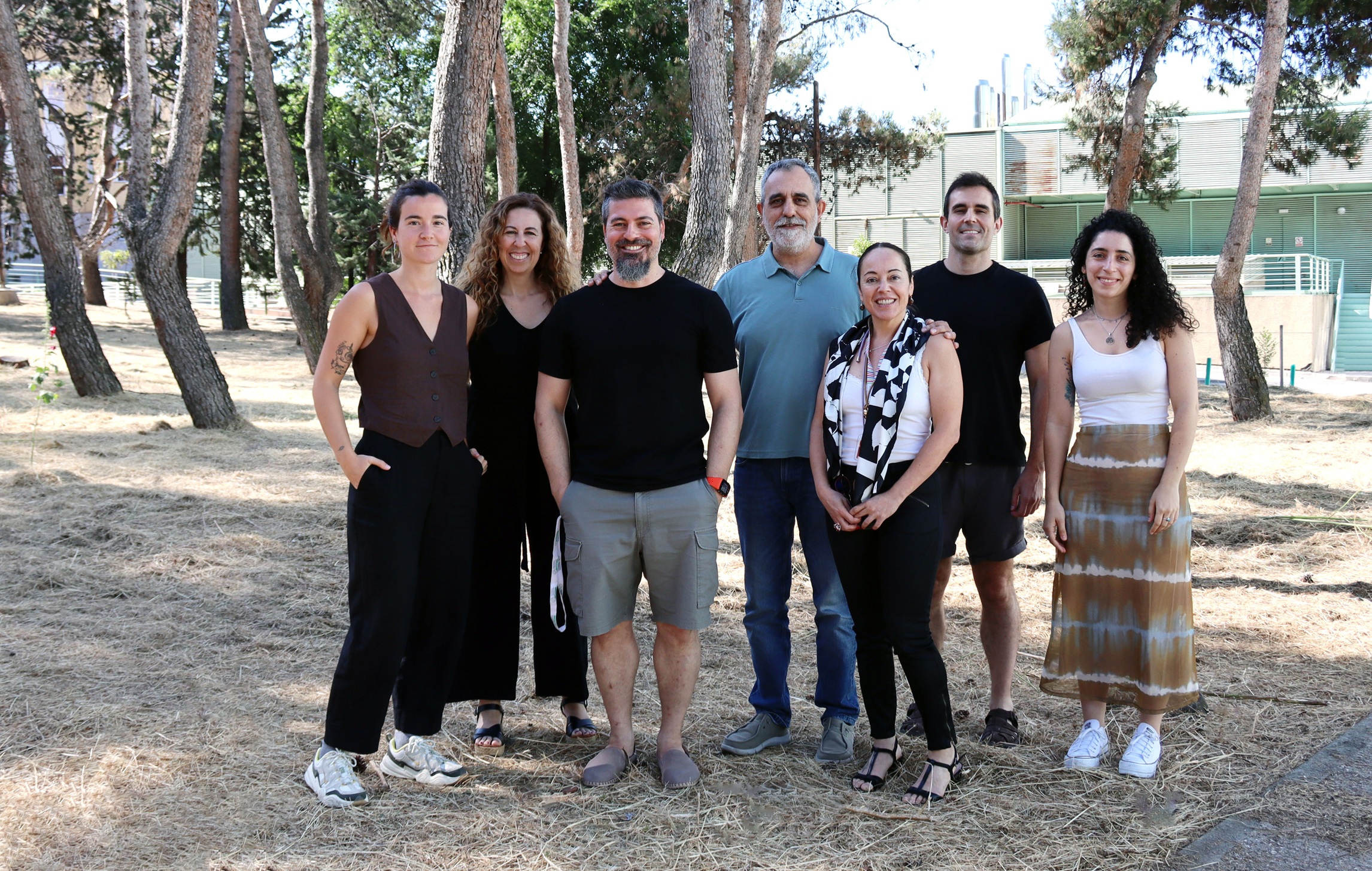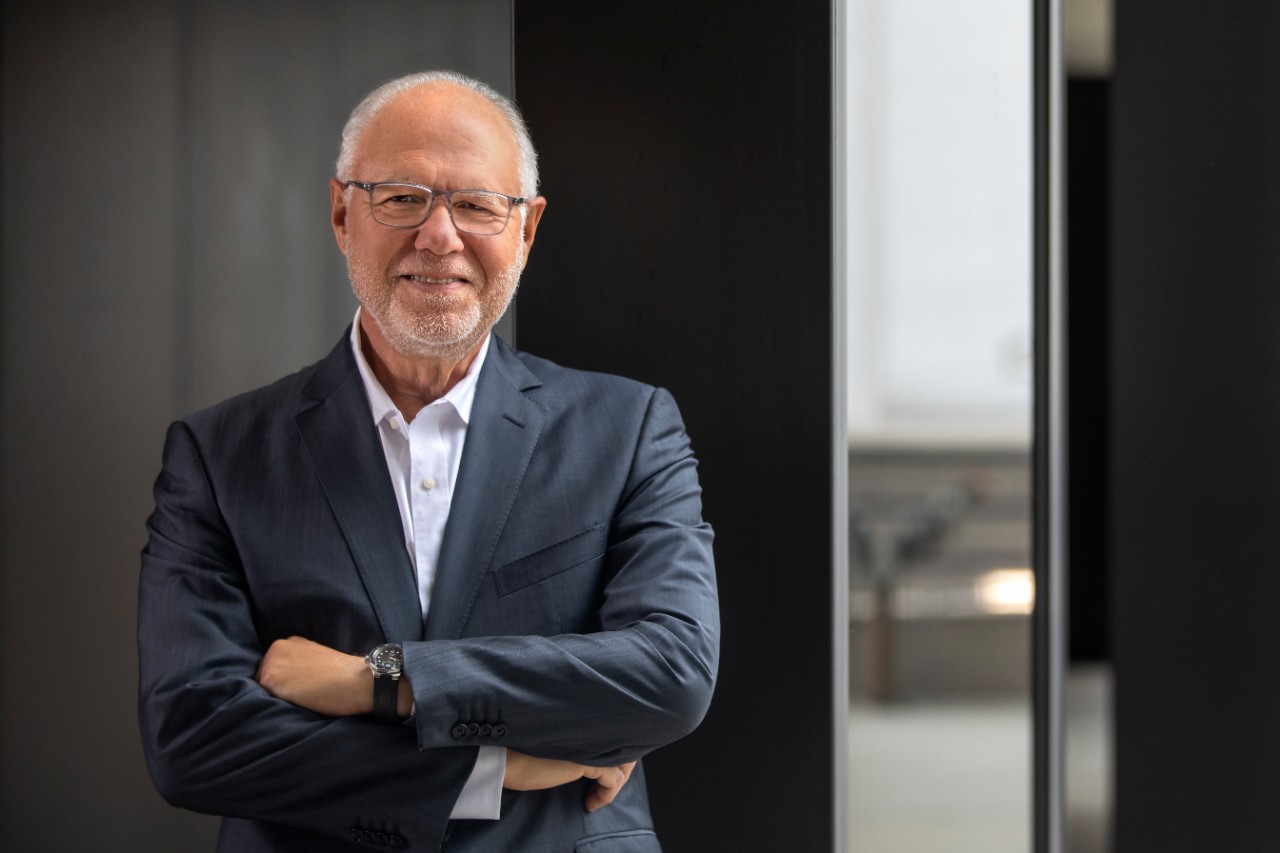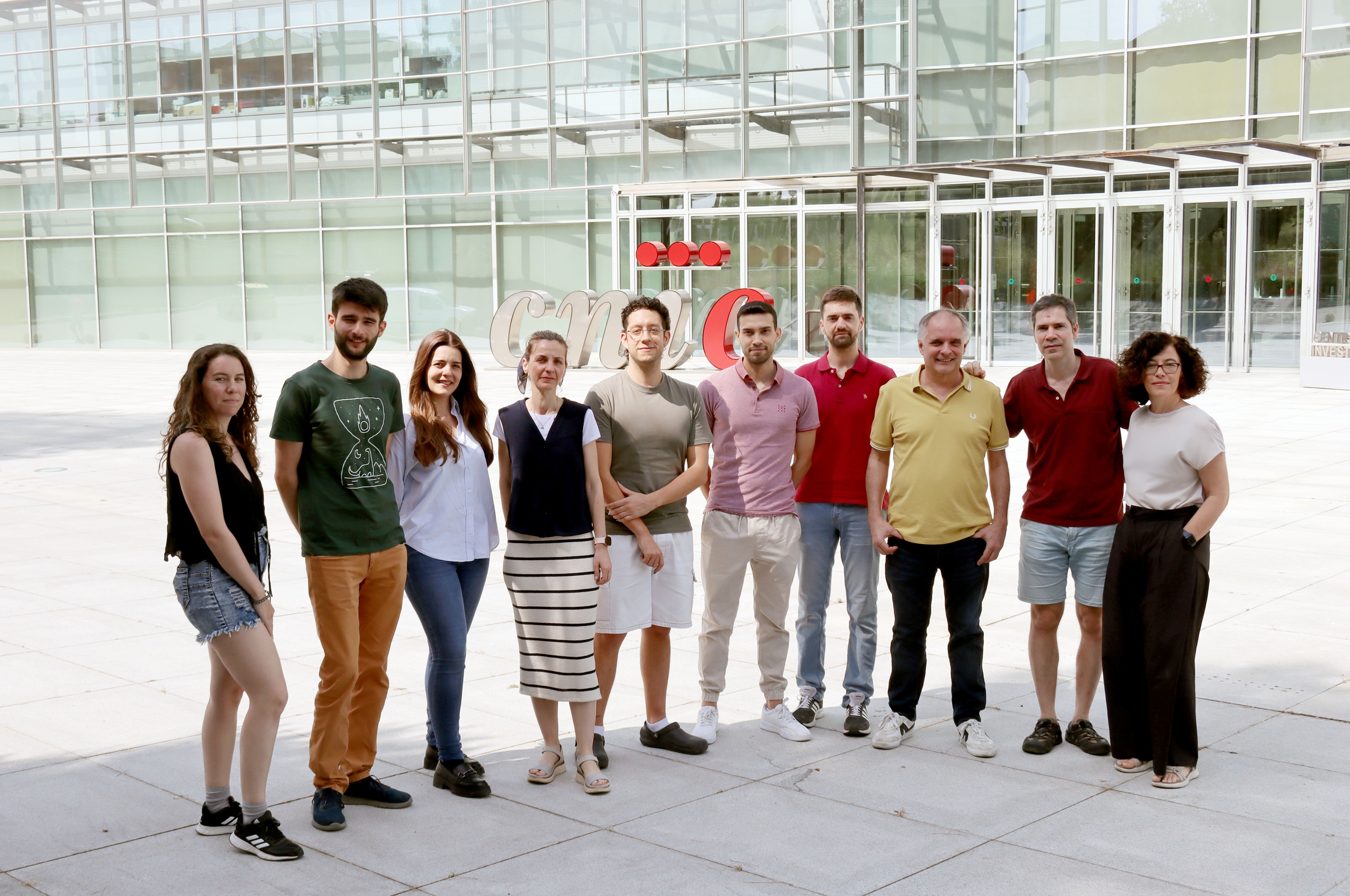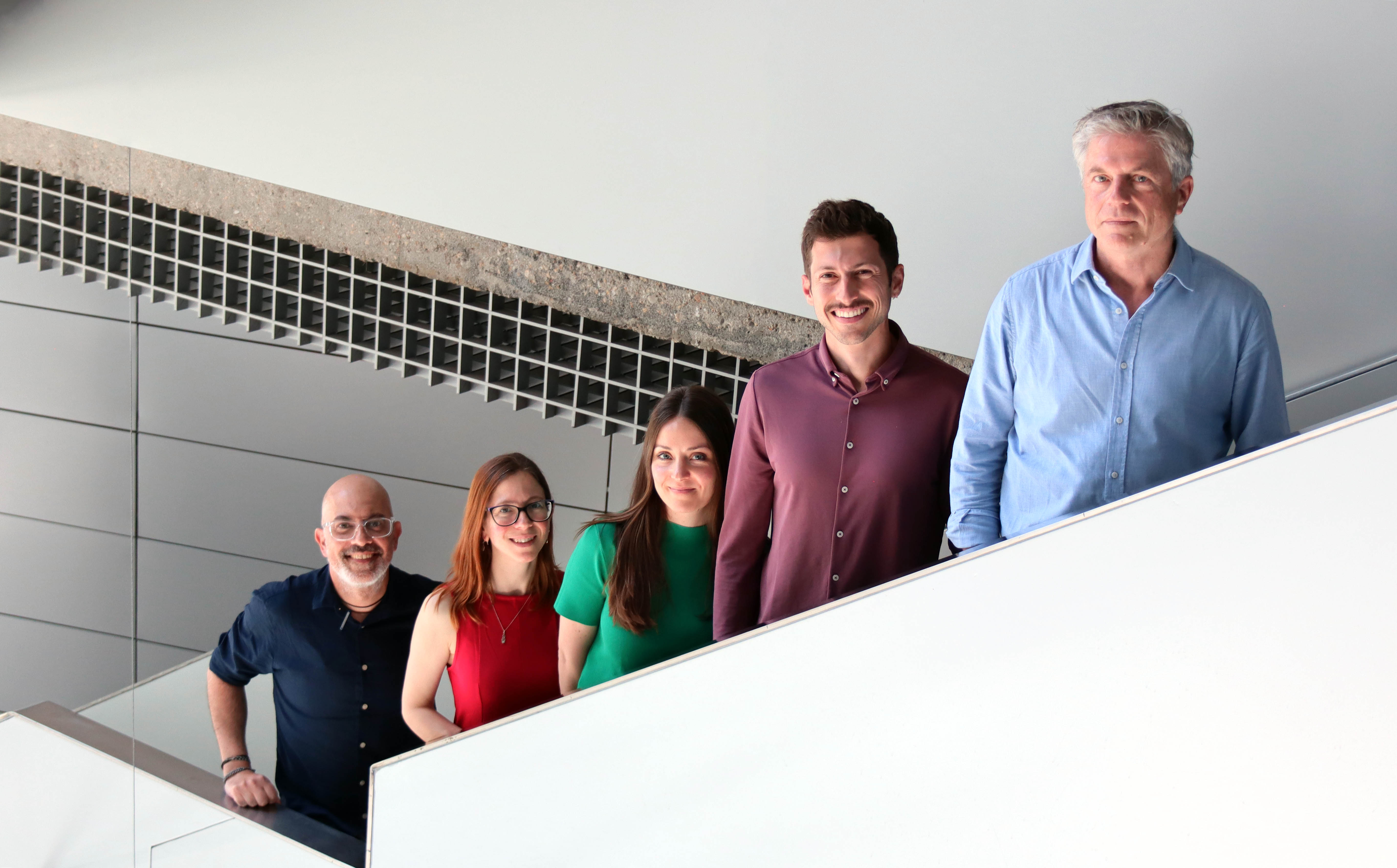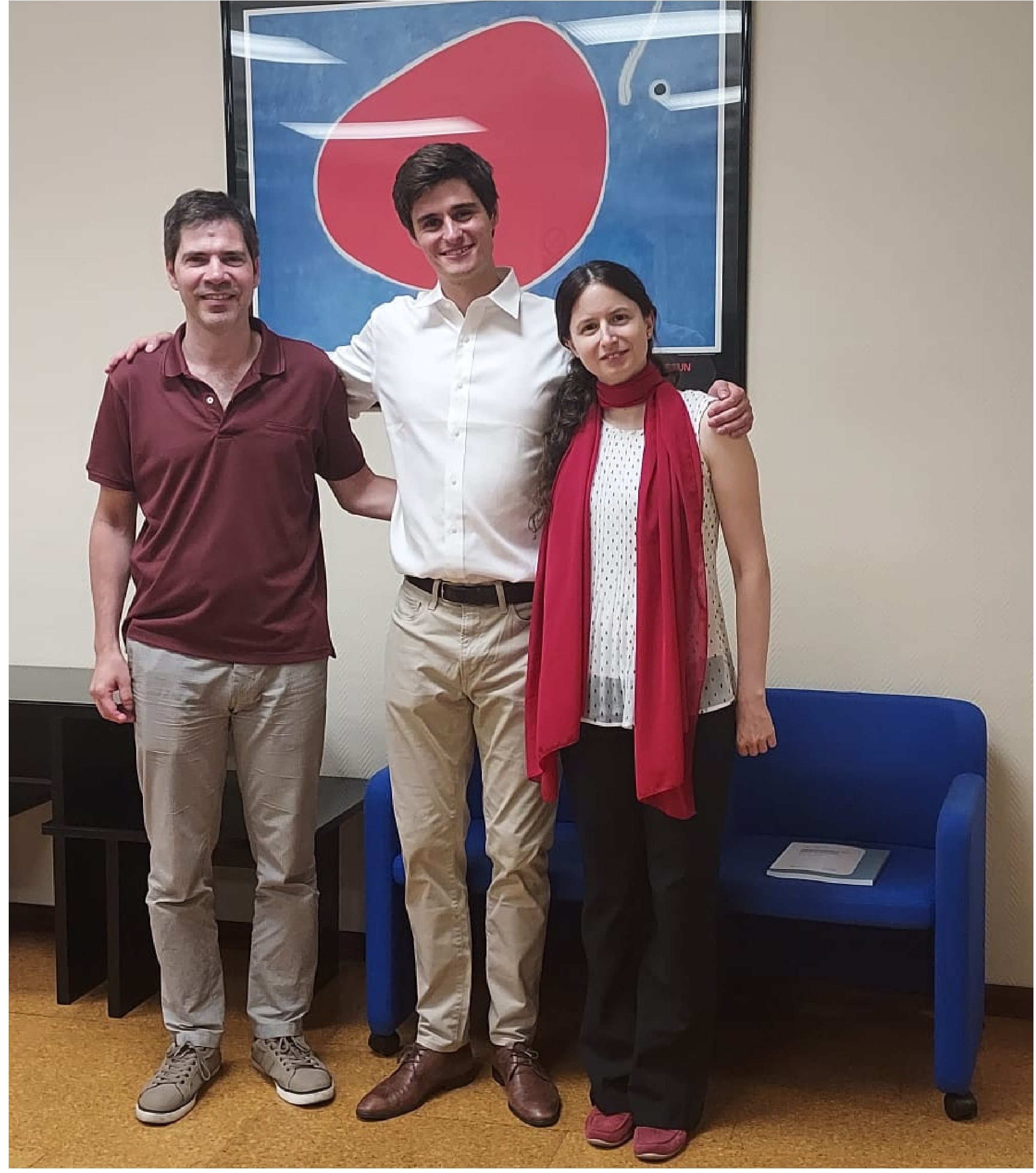News search
|
Research 16 Feb 2026 A new CNIC-led study shows that a genetic tool derived from baker’s yeast enables human cells to manufacture the building blocks of DNA even when their mitochondria fail. |
|
Research 10 Feb 2026 The study, published in Circulation Research, identifies cardiac fibroblasts and resident macrophages as essential contributors to the characteristic electrical activity that maintains this arrhythmia |
|
Research 20 Jan 2026 Circulation Research: The body’s internal clock influences stroke severity and response to treatment The study, published in Circulation Research, reveals that neutrophils—key immune cells—change their behavior in line with circadian rhythms, affecting cerebral perfusion and collateral circulation |
|
Research 12 Dec 2025 A CNIC study reveals that neutrophils—a type of immune cell—are less aggressive at night, explaining why nighttime heart attacks are less severe than those occurring during the day |
|
Research 12 Aug 2025 El 18FDG-PET is a type of positron emission tomography that measures how much energy the body’s cells consume. |
|
Research 2 Jul 2025 CNIC researchers have uncovered the evolutionary logic of the OxPhos system—the cell’s “engine”—and developed a tool to detect mutations that cause mitochondrial disease |
|
Research 2 Jun 2025 A team from the CNIC has discovered the key role of conventional type 1 dendritic cells (cDC1) in atherosclerosis and has developed an experimental therapy with immunosuppressive nanoparticles that slows the progression of the disease in animal models. |
|
Research 29 May 2025 CNIC researchers have discovered that the heart is formed from two independent cell types that act in synchrony from the onset of gastrulation. This finding could help to better understand the origin of certain congenital heart defects and open up new opportunities in regenerative medicine and tissue bioengineering. |
|
Research 14 Apr 2025 A study led by the Centro Nacional de Investigaciones Cardiovasculares Carlos III (CNIC), in collaboration with the Instituto de Investigación Biomédica de Barcelona (IRB Barcelona), has identified the most effective subtype of dendritic cell for generating immune memory in response to cancer |
- 1 of 10
- next ›
